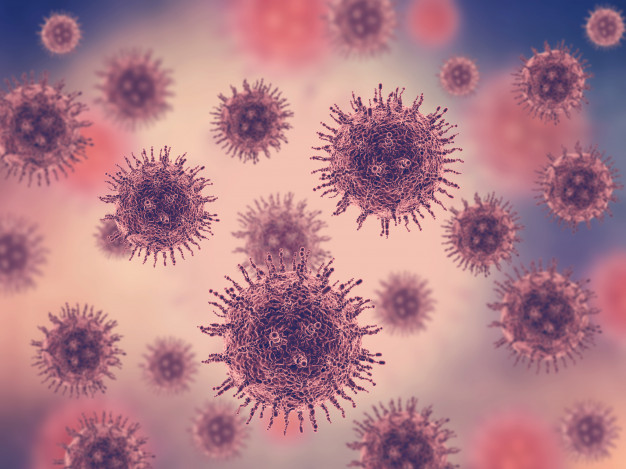Hantavirus or Orthohantavirus is an old group of viruses, which chiefly spreads through rodents or rats. It can cause various diseases including hantavirus pulmonary syndrome (HPS). It can also create hemorrhagic fever with renal syndrome (HFRS), as per the Centers for Disease Control and Prevention (CDC).
What are the symptoms of Hantavirus?
The hantavirus symptoms are similar to coronavirus as they include fever, fatigue, muscle aches, headaches, dizziness, abdominal pains and chills. It can also lead to cough, respiratory issues with shortness of breath and can prove to be fatal.
Hantavirus Transmission
Hantavirus is spread when a body comes in direct contact with the droppings, urine, saliva or nesting of a rodent that has the virus. The virus enters the human body via eyes, nose or mouth Hantavirus is seldom known to have spread from person-to-person. Humans who come in contact with rodents face the maximum risk of catching the virus. Homes that have rodent infestation can also lead to the exposure of the virus. Healthy persons are also at the risk of getting the virus when exposed to it. No, hantavirus is not airborne. It can only be spread if one comes in direct contact with the infected rodent or its faeces. It is also not known to spread through a bite from the infected rat.
How Dangerous is Hantavirus?
Hantavirus can be fatal, particularly if left untreated. The virus infection has a mortality rate of 38 per cent as per the Centers for Disease Control and Prevention (CDC). It can cause acute shock, low blood pressure, acute kidney failure and vascular leakage. Hantavirus is not very common as it can’t be passed on from person-to-person. The Hantavirus diagnosis is a challenge as the symptoms are similar to many other illnesses such as regular flu, pneumonia, influenza and coronavirus. Those who have a fever and are exposed to rats should be tested for the virus.
Hantavirus Treatment, Cure and Prevention
Hantavirus has no known treatment or vaccines. Those infected with the virus are kept in the ICU to monitor and ease their respiratory distress. The only way to prevent Hantavirus is to prevent rodent infestation in homes and minimise contact with them. This can be done through pest control and by ensuring proper cleanliness in homes.




